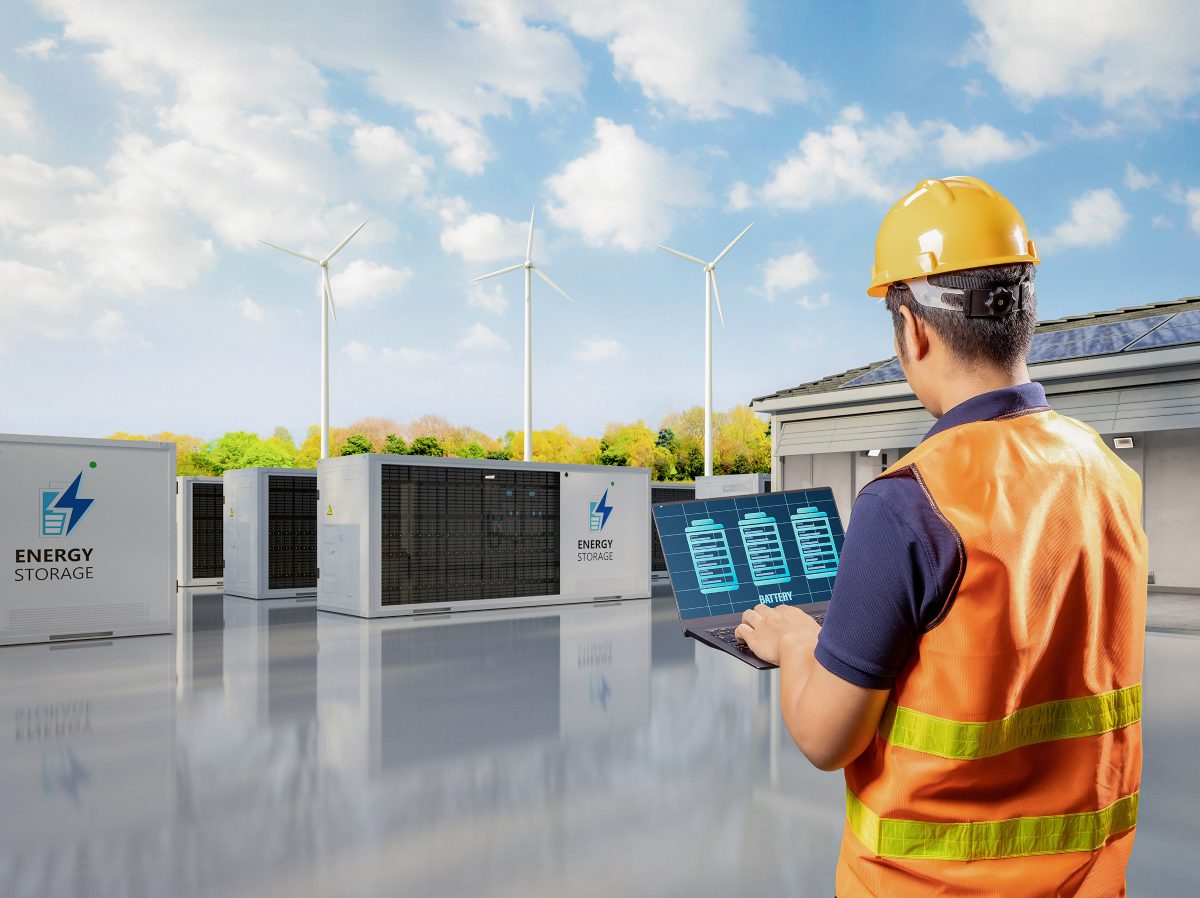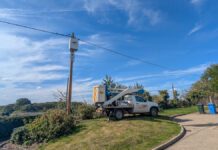
Hybrid clean energy hubs which co-locate multiple low carbon generation technologies offer a promising solution to easing grid connection bottleneck, according to a new report from energy consultancy Cornwall Insight.
The report, “Market Review of Hybrid Energy Hubs”, commissioned by Telis Energy UK, details how hybrid energy hubs, using multiple different low carbon generation technologies, can help homes and businesses to decarbonise using low-cost, clean energy.
The research appears to show that by co-locating multiple technologies behind one grid connection, these hubs could deliver better economies of scale compared to having multiple individual connections. These cost savings could be passed on to energy consumers via a more competitive wholesale price, reduced balancing costs, and a reduced impact on socialised network costs. Another key finding is that hybrid clean energy hubs (”HEHs”) maximise the total energy transferred via one connection, both easing grid capacity and reducing total land utilised and minimising disruption to communities.
Cornwall Insight’s Report “Market Review of Hybrid Energy Hubs” assesses the profiles battery storage, solar, and onshore wind, including a forward look at other options including small modular reactors and hydrogen production and storage being considered. The report found potential synergies between the technologies under consideration, supporting the principle of their capability of sharing a grid connection with a suitable balance of technologies onsite to ensure maximising exportable renewable generation.
The report identified a new approach to financing will be needed to support multiple technologies in one hub and highlights the need for clarity from the UK Government in areas such as REMA and connections reform which will be critical to ensuring that HEHs can deliver on their promising potential impact on the UK’s energy grid.
William Duncan, CEO at Telis Energy UK, said:
“This report demonstrates what we have known for a long time at Telis, that driving renewables and energy security in the UK requires a multi-technology approach. We are steadfast in our commitment to bringing innovative clean energy hubs to the UK, and are confident that this approach will solve multiple issues from intermittency to grid connection issues. To make this ambition a reality, the industry will need the support of policymakers to ensure that regulation is adapted to match innovation in the sector. We look forward to working with partners and the UK government to inform this approach.”
Ratnottama Sengupta, Senior Consultant at Cornwall Insight said:
“Meeting the climate targets of grid decarbonisation and net zero will be no small feat. With competition for grid connections causing a bottleneck for the renewable rollout, and a well-publicised backlog of grid connection approvals, innovative solutions to speeding up renewable rollout need to be considered. In today’s grid environment hybrid energy hubs offer a promising solution.
“Through integrating a variety of renewable technologies, such as wind and solar power with flexible storage solutions like batteries and hydrogen, all connected to a single grid connection, these hybrid energy hubs could make the most of available resources and increase the amount of clean power on the grid, all while enhancing grid stability.
“Of course, nothing is without its challenges, particularly with changing policies and regulations on the horizon creating uncertainty. However, the benefits of hybrid energy hubs could outweigh these concerns, and if the hurdles can be overcome, hybrid energy hubs could become a powerful tool in our transition to a net zero future.”







